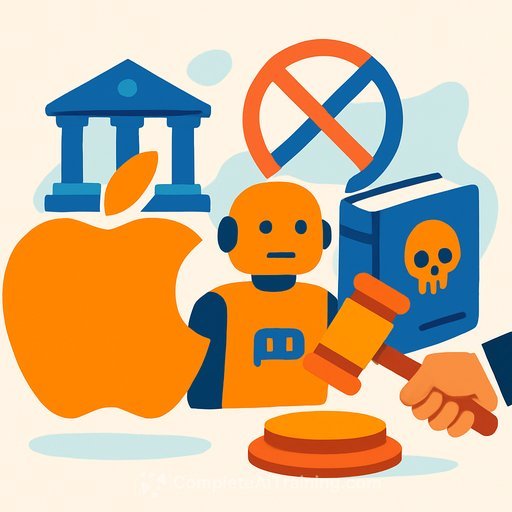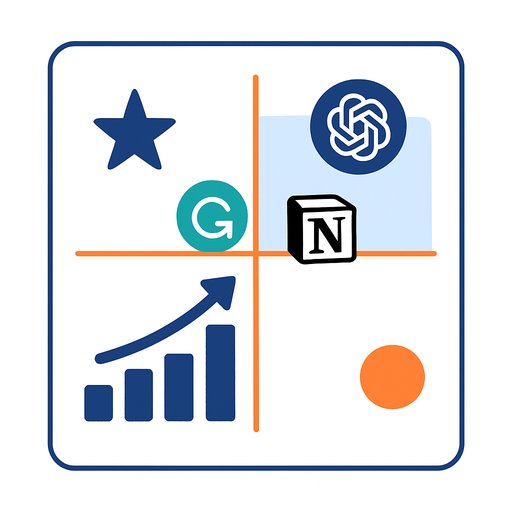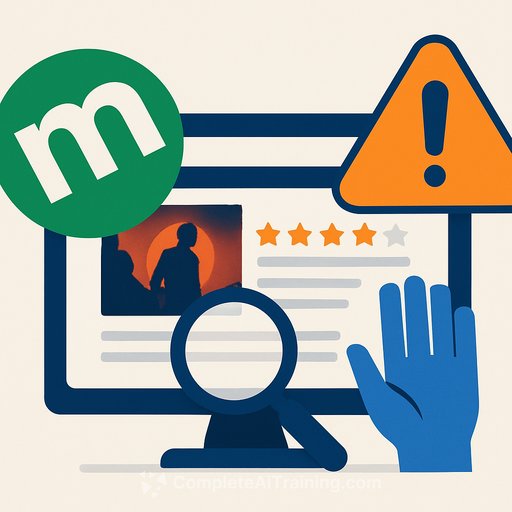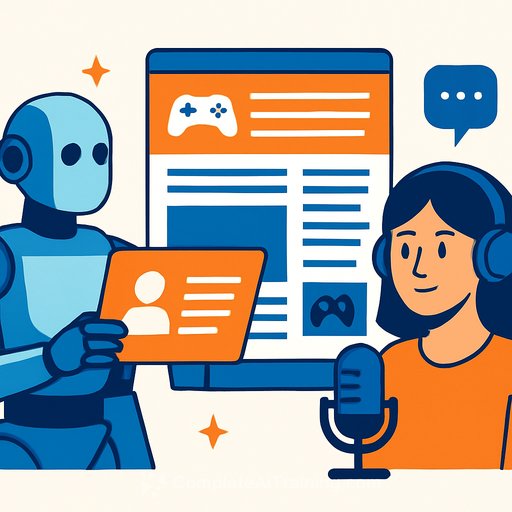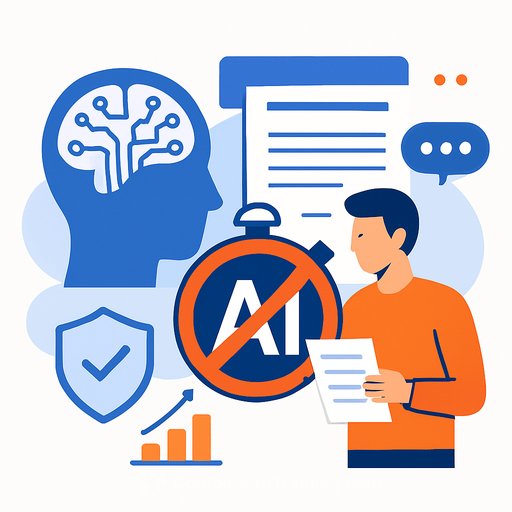Scientists join the AI copyright fight: Apple sued over alleged use of pirated books
Two neuroscientists have sued Apple in the U.S. District Court for the Northern District of California, alleging the company trained its AI on illegally copied books, including material sourced from the "Shadow Library." The plaintiffs, Susana Martinez-Conde and Stephen Macknik of SUNY Downstate Medical Center, claim their works were part of these datasets.
According to Reuters, the complaint argues Apple used unauthorized channels to obtain books and tied the issue to the company's AI announcement, noting Apple's market value rose by more than 200 billion dollars on the day it unveiled "Apple Intelligence." The scientists are seeking damages and a court order to stop use of infringing materials.
Why this matters to writers
This isn't an isolated case. Apple has been hit with class actions from writers, including one led by author Grady Hendrix, over alleged use of books to train AI without consent or compensation. Similar suits target Microsoft and OpenAI, and AI startup Anthropic reportedly agreed to a 1.5 billion dollar settlement with writers-described as the largest to date in a copyright dispute involving AI.
The pool of plaintiffs is widening-from media organizations to individual researchers. The New York Times sued OpenAI and Microsoft in 2023, alleging mass scraping of its articles to train AI. For writers, the signal is clear: training data likely spans books, articles, and research-often without permission.
Key takeaways for working writers
- Assume your published work may be ingested by AI systems unless explicitly protected. Public availability does not equal consent for training.
- Enforcement is shifting from "big media only" to individual authors and researchers-solo creators now have a clearer path to act.
- Market impact matters in court. Plaintiffs are linking alleged infringement to massive enterprise value and product launches.
What to do next
- Register your works. Timely registration strengthens your position in U.S. courts and can unlock statutory damages and fees. U.S. Copyright Office
- Audit unauthorized copies. Search for your book titles, ISBNs, and distinctive phrases. Issue takedowns to piracy mirrors and file DMCA notices where applicable.
- Update your terms. State in your site, newsletters, and contracts that AI training use requires explicit permission and licensing. Keep records of all grants and restrictions.
- Track dataset exposure. Use tools like search alerts, plagiarism checkers, and dataset lookups (e.g., Have I Been Trained?) to spot potential uses.
- Join organized actions. Follow class actions and consider membership in writers' associations that coordinate legal strategies and filings.
- Be careful with prompts. Avoid pasting full manuscripts into public chatbots. Use excerpts, summaries, or local/offline tools if you need AI assistance.
The broader legal picture
Courts are now weighing whether training on copyrighted text without permission is fair use or infringement. Outcomes may differ by jurisdiction, dataset source (licensed vs. scraped vs. pirated), and the specific model use. Expect more suits as plaintiffs test different theories and remedies, including injunctions that could affect AI product features.
For context on media litigation, see coverage of The New York Times' lawsuit against OpenAI and Microsoft.
Practical AI upskilling without giving away your IP
If you rely on AI tools for drafts and ideation, keep your proprietary text safe, and build skills that reduce risk. Explore curated options for writers here:
Bottom line
The plaintiffs list is growing, the stakes are rising, and writers are no longer on the sidelines. Protect your catalog, set clear terms, and stay alert to how your words are used in AI systems. None of this is legal advice-speak with an attorney for your specific situation.
Your membership also unlocks:

